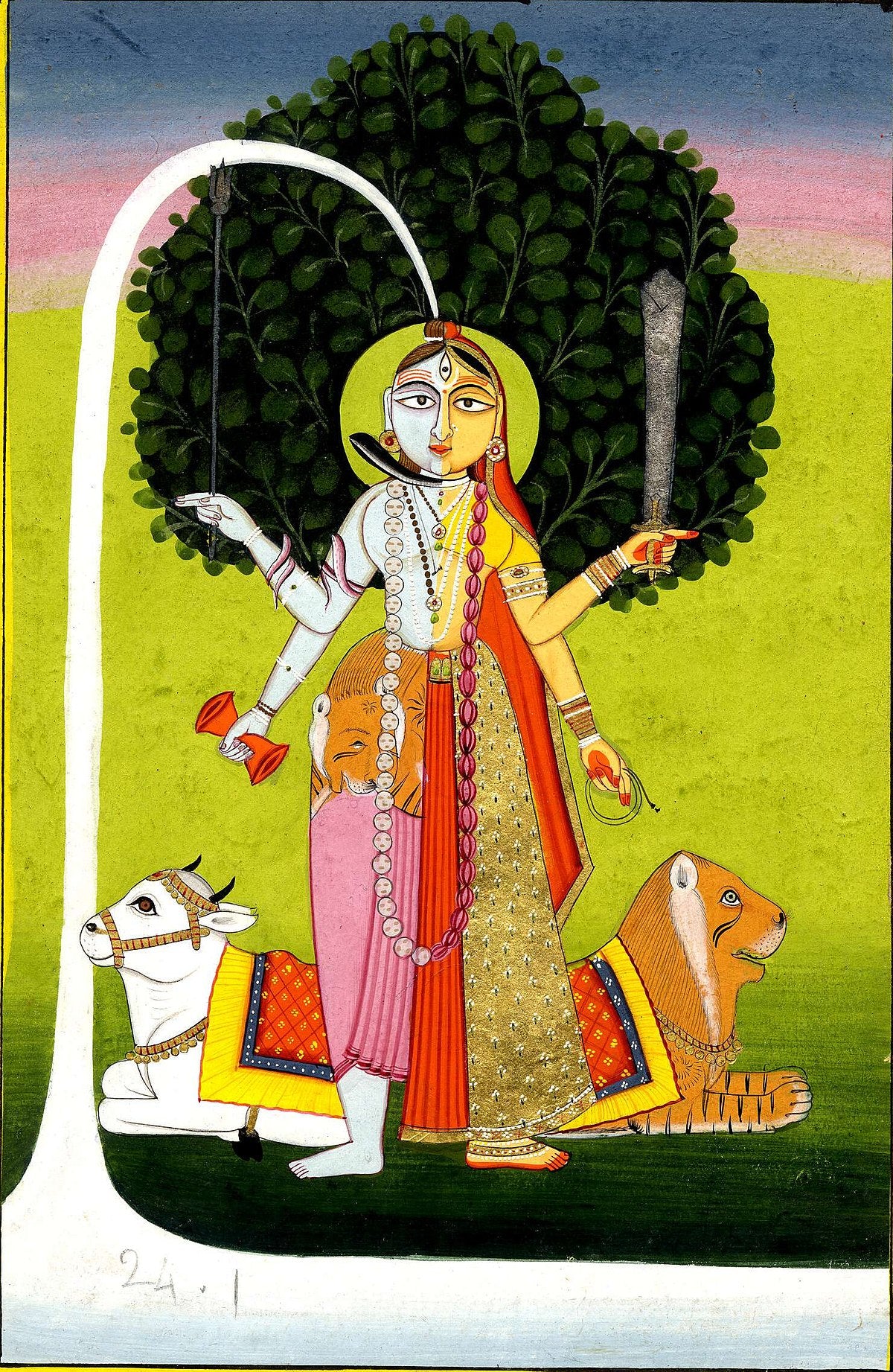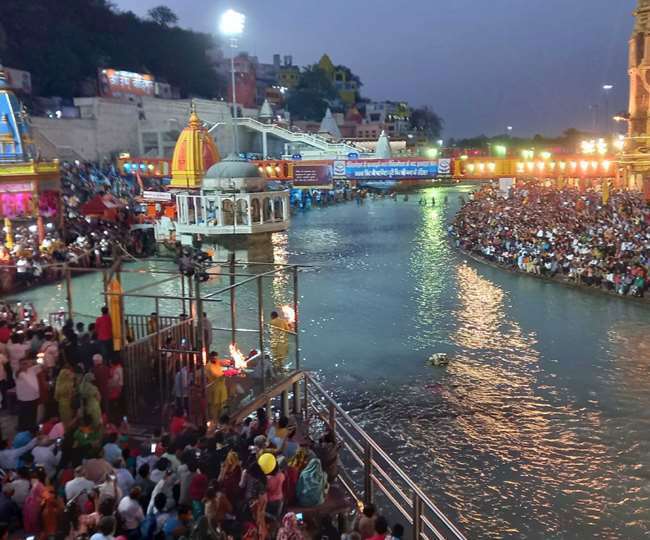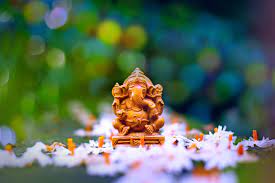
The history and significance of the Shivratri festival
Shivratri, also known as Maha Shivratri, is an important Hindu festival celebrated every year in honor of Lord Shiva, one of the major deities in Hinduism. The festival is observed on the 14th day of the dark fortnight in the month of Phalguna or Magha according to the Hindu calendar. In this blog, we will explore the history and significance of the Shivratri festival.
History of Shivratri

The history of Shivratri dates back to ancient times and is deeply rooted in Hindu mythology. There are several legends associated with the festival, and each one of them highlights the importance of Lord Shiva.
According to one legend, Shivratri marks the day when Lord Shiva performed the Tandava, a dance that symbolizes the creation, preservation, and destruction of the universe. It is believed that Lord Shiva performed the Tandava on this day to mark the end of the cosmic cycle.
There is another popular legend that tells the story of the marriage of Lord Shiva and Goddess Parvati. According to this legend, Goddess Parvati performed intense penance to win the heart of Lord Shiva, and on the day of Shivratri, Lord Shiva accepted her as his wife.
Significance of Shivratri

The Shivratri festival holds immense significance for devotees of Lord Shiva. The festival is a celebration of the divine powers of Lord Shiva and his role as the destroyer of evil and protector of the universe. It is believed that on this day, Lord Shiva is at his most powerful, and devotees can gain his blessings by offering prayers and performing various rituals.
The festival is also a symbol of the triumph of good over evil and the importance of self-discipline and austerity. It is believed that by fasting and performing prayers and rituals, devotees can purify their souls and attain spiritual enlightenment. The festival is an opportunity for devotees to seek the blessings of Lord Shiva and connect with him on a deeper level.
Rituals and Traditions of Shivratri

The Shivratri festival is marked by various rituals and traditions. One of the most important rituals is fasting, which is observed by devotees across the country. Fasting on this day is believed to help devotees purify their souls and seek the blessings of Lord Shiva. Some people also observe a strict fast, abstaining from food and water throughout the day and night.
Another important tradition associated with the festival is the offering of Bael leaves, milk, and honey to Lord Shiva. It is believed that these offerings are very dear to Lord Shiva, and by offering them, devotees can gain his blessings and protection.
In some parts of India, the Shivratri festival is celebrated by performing the Rudrabhishek, a ritual in which Lord Shiva's idol is bathed in milk, honey, and other sacred offerings. The ritual is believed to be very powerful and can help one overcome obstacles and attain success in life.
The festival is also marked by cultural performances and festivities. In some parts of India, the Shivratri festival is celebrated by processions and street performances, in which people dress up as Lord Shiva and perform traditional dances and songs.
Conclusion
the Shivratri festival is an important Hindu festival that is celebrated with great devotion and enthusiasm by devotees of Lord Shiva. It is a time for people to come together and celebrate the power and greatness of Lord Shiva, and to seek his blessings and protection. The festival is also a reminder of the importance of self-discipline, austerity, and spiritual enlightenment, and the need to overcome obstacles and achieve success in life. As the festival continues to evolve and adapt to changing times, it remains an important symbol of the rich cultural heritage of India.
Author
Darshita Nautiyal
(The images used in this podcast are not owned by Anime Devta, they are just to help the readers)

